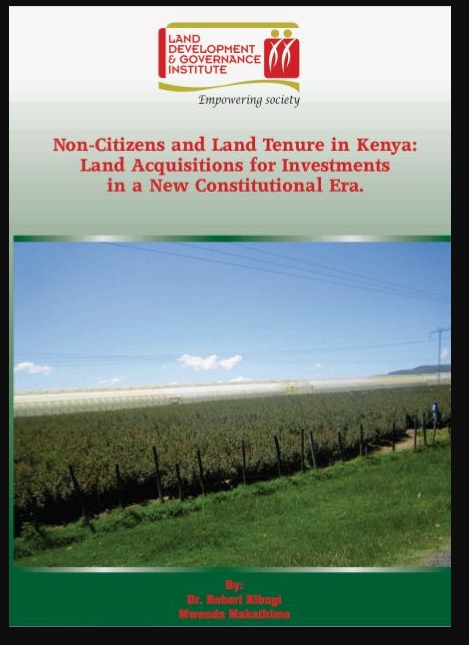Restoring Urban Infrastructure and Services in Nigeria
Nigeria's urban infrastructure is
crumbling. Water supply, sewerage, sanitation, drainage,
roads, electricity, and waste disposal-all suffer from years
of serious neglect. Periodic and routine maintenance, by far
the most cost-effective infrastructure spending, is almost
zero. It has become the norm in Nigeria to wait for a
capital infusion to rehabilitate, replacing instead of
maintaining the infrastructure. But declining financial




